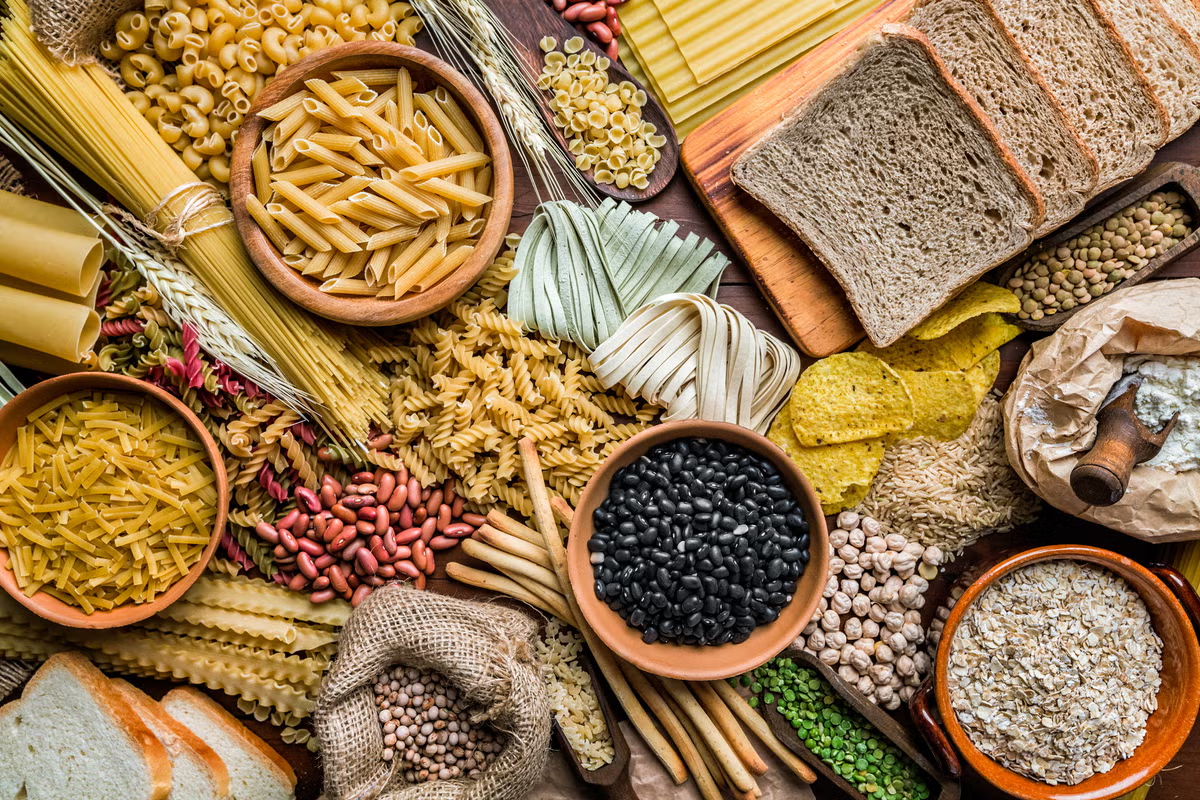WE’RE CONSTANTLY TOLD that a plant-based diet can do wonders for our health, and brands like Beyond Meat and Impossible Foods now dominate the shelves of many supermarkets.
Ultra-processed foods (UPFs) are typically convenient, ready-to-eat meals that often bear plant-based labels, including items like veggie burgers, plant-based nuggets, and other snacks. While these foods offer numerous benefits and serve as excellent meat substitutes, not all plant-based options are created equal. Recent research has highlighted a concerning trend: ultra-processed plant-based foods might be doing more harm than good if consumed in large quantities.
The Study
A study involving over 118,000 participants found that consuming certain ultra-processed plant foods can increase your risk of cardiovascular diseases (CVDs) by 7%. The culprits? High levels of salt, sugar and saturated fats, and calories that you are less likely to find in whole foods.
‘Our findings suggest that the high consumption of plant-based ultra-processed foods is associated with a greater risk of cardiovascular diseases,’ said Dr Carlos Monteiro, a leading researcher of Nutrition and Public Health at the University of Sao Paulo. Monterio also emphasises that the processing techniques strip away beneficial nutrients and add harmful substances that invalidate the health benefits of a plant-based diet.
The Science
A study from Imperial College London has found that every 10% increase in the intake of UPFs is associated with a 12% increase in the risk of cardiovascular diseases and a 14% increase in the risk of all-cause mortality.
It found:
- Sodium overload: UPFs often contain excessive sodium, which is linked to high blood pressure – a major risk factor for heart disease
- Added sugars: These foods are typically loaded with added sugars, which can lead to obesity, diabetes, and cardiovascular issues.
- Saturated fats: Despite being plant-based, these foods often contain saturated fats that can increase bad cholesterol (LDL) levels.
What the Experts Say
Nutritionists like Dr. Sarah Brewer recommend focusing on whole foods. “The best way to maintain heart health on a plant-based diet is to eat a variety of whole grains, fresh fruits, and vegetables, and to limit the intake of ultra-processed foods,” she advises. Brewer suggests preparing meals from scratch to have better control over the ingredients and nutrient content.
If you’re looking to reap the benefits of a plant-based diet or simply aren’t a fan of meat, the key is to focus on whole, nutrient dense foods. Fresh fruits, vegetables, legumes, and whole grains should be at the centre of your diet. While the convenience of plant-based UPFs is tempting, they’re best consumed in moderation. Your heart will thank you for it.
Related:
The best vegan protein powders to shake up your diet















